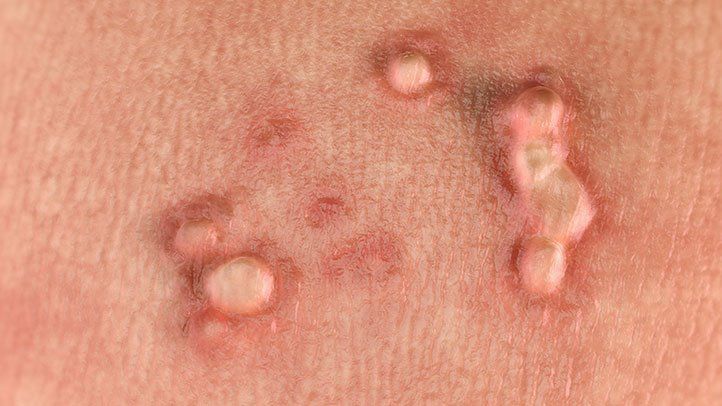
A small bump on the genitals caused by a common sexually transmitted infection.
Genital warts are a common sexually transmitted infection caused by the human papillomavirus (HPV).
The characteristic symptom is a small bump on the genitals.
Vaccines can protect against many genital-wart-causing strains of HPV. Genital warts can be treated with prescription medication applied directly to the warts or can be surgically removed.
Most HPV infections that cause genital warts will go away on their own, taking anywhere from a few months to two years. But even if your genital warts disappear without treatment, you may still have the virus. When left untreated, genital warts can grow very large and in big clusters.
Genital warts look like skin-colored or whitish bumps that show up on your vulva, vagina, cervix, penis, scrotum, or anus. They kind of look like little pieces of cauliflower. You can have just one wart or a bunch of them, and they can be big or small. They might be itchy, but most of the time they don't hurt.
Genital warts may go away on their own or with treatment. It is common for them to return. Certain strains of the virus (HPV), which causes genital warts, cause virtually all cases of cervical cancer worldwide, though only a small percentage of the women who become infected will develop cancer.
Most cases of HPV clear within 1 to 2 years as the immune system fights off and eliminates the virus from the body. After that, the virus disappears and it can't be transmitted to other people. In extreme cases, HPV may lay dormant in the body for many years or even decades.
In most of the centre method of inserting, the ksharsutra is by using a metallic probe. This not only is a painful procedure but is more prone to cause an iatrogenic fistulous tract and impaired continence and sometimes requires general anaesthesia.